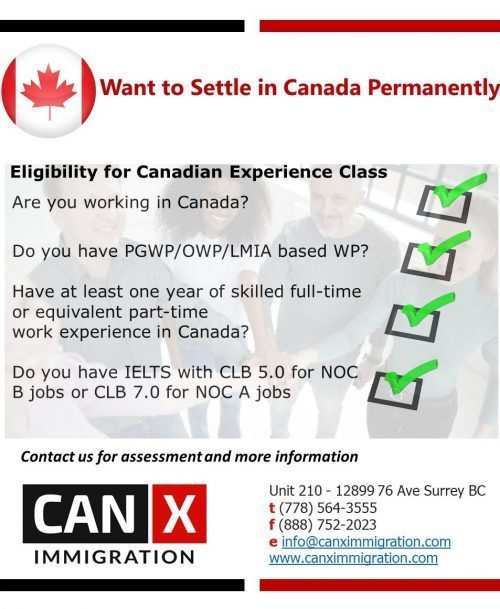The COVID-19 pandemic has had a major impact on Canada’s immigration system where immigrants were affected by numerous disruptions like difficulties in accessing language testing, credentialing services, biometrics, or other government services while immigration professionals have also been working hard around the clock to adjust to all the policy changes related to immigration.
However, things are continuing to improve in the second half of 2020 such as
- Immigration candidates can now book and complete an English language test, and obtain an Educational Credential Assessment (ECA)
- IRCC is giving candidates more time to submit their documentation, and are not refusing anyone if they are unable to submit a complete application due to COVID-19 interruptions
- Canada is as committed as ever to welcoming immigrants to support its economy
But there are some of the major issues we should look out for in the remaining six months of 2020.
Travel Restrictions
The biggest issue is when the travel restrictions will be lifted with the U.S. and the rest of the world. Certainly, no one knows. It depends on how successful Canada and other countries will be in containing COVID-19. However, as soon as pandemic will be under control Canada can exempt more immigrants and lift the restrictions.
International Students
Another major issue is whether Canada will accommodate international students in time for the fall 2020 semester. Although IRCC is processing study permits but under current travel restrictions, international students who did not have a valid study permit prior to March 18 are unable to come to Canada. It is anticipated Canada may exempt new study permit holders who wish to begin their studies in Canada by September later this summer.
Federal Skilled Worker Program (FSWP)
Since the start of the pandemic, however, express entry draws have only focused on Provincial Nominee Program (PNP) and Canadian Experience Class (CEC) candidates since they are less likely to experience coronavirus disruptions than overseas candidates. However, there are few important points to note:
- Some of the CEC and PNP candidates now receiving ITAs are also overseas
- By the time that successful candidates submit their permanent residency applications and they are processed by IRCC, we will be in 2021. At that point, hopefully, Canada’s border rules will have been eased
- Why should FSWP and Federal Skilled Trades Program (FSTP) candidates—some of whom are currently in Canada—be excluded from EE draw
- It is more likely IRCC may include FSWP in EE draws
Family Class
Yet another important question right now is whether IRCC will renew the Open Work Permit Pilot before it expires on July 31. The pilot gives an open work permit to spouses and partners of Canadian citizens and permanent residents who are waiting for their spousal sponsorship application to be processed. Given how beneficial this pilot is to Canadian families and the economy, we should expect it to be renewed.
Also, Parents and Grandparents Program (PGP) has been delayed due to its improvement by IRCC and the onset of COVID-19. However, IRCC may announce details about the program’s launch later in 2020.
Immigration Levels Plan 2021-2023
Another biggest story in the next six months will be 2021-2023 Immigration Levels Plan announcement by the Government. By November 1st, we will know the extent to which COVID-19 is going to impact Canada’s short- and medium-term immigration goals.
Altogether, COVID-19 has not impacted Canada’s need for immigration, so there is a strong chance immigration levels will remain high in 2021 and beyond.
Need help staying in Canada!
The COVID-19 pandemic has led to challenging times in Canada and around the world. Many people are under distress and anxiety. We understand! Can-X is here to help you figure it out, so you can have peace of mind. You could be an international student, worker, or visitor looking to extend your stay in Canada. You may be seeking a pathway to permanent immigration. Or you may be looking to reunite with a loved one. Whatever the reason, contact us to discuss your immigration needs, and we’ll provide our insights and help as much as we can during these difficult times.
We Care!







